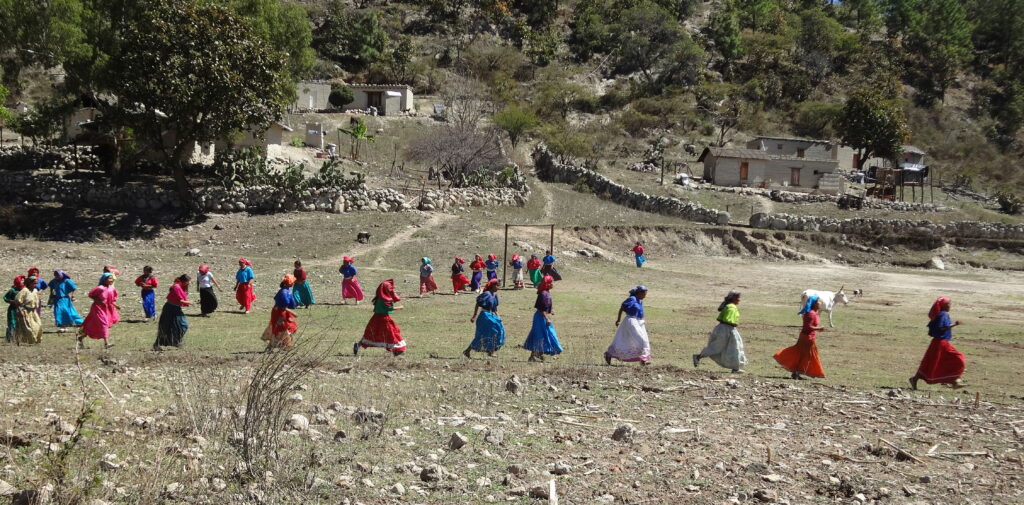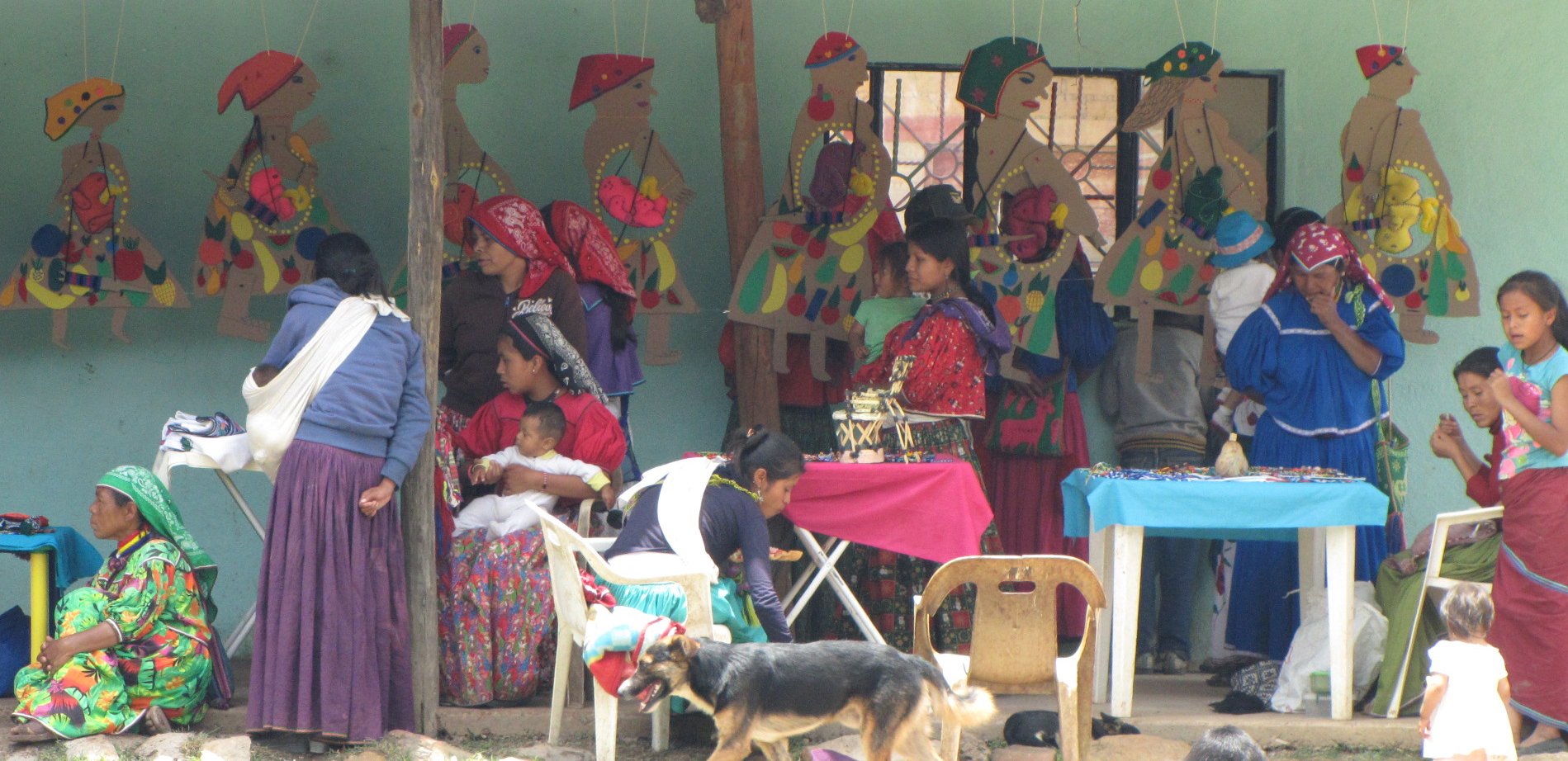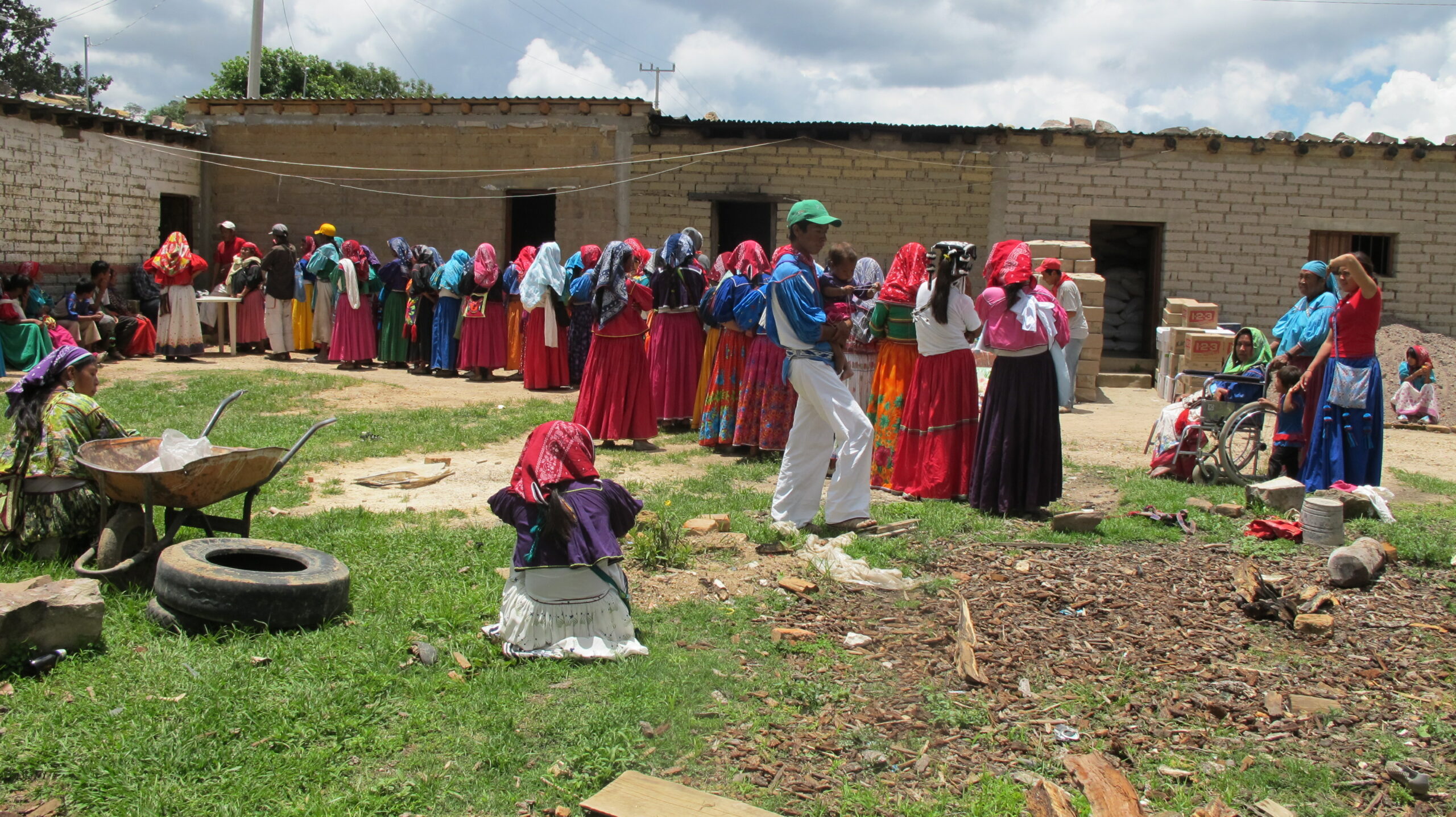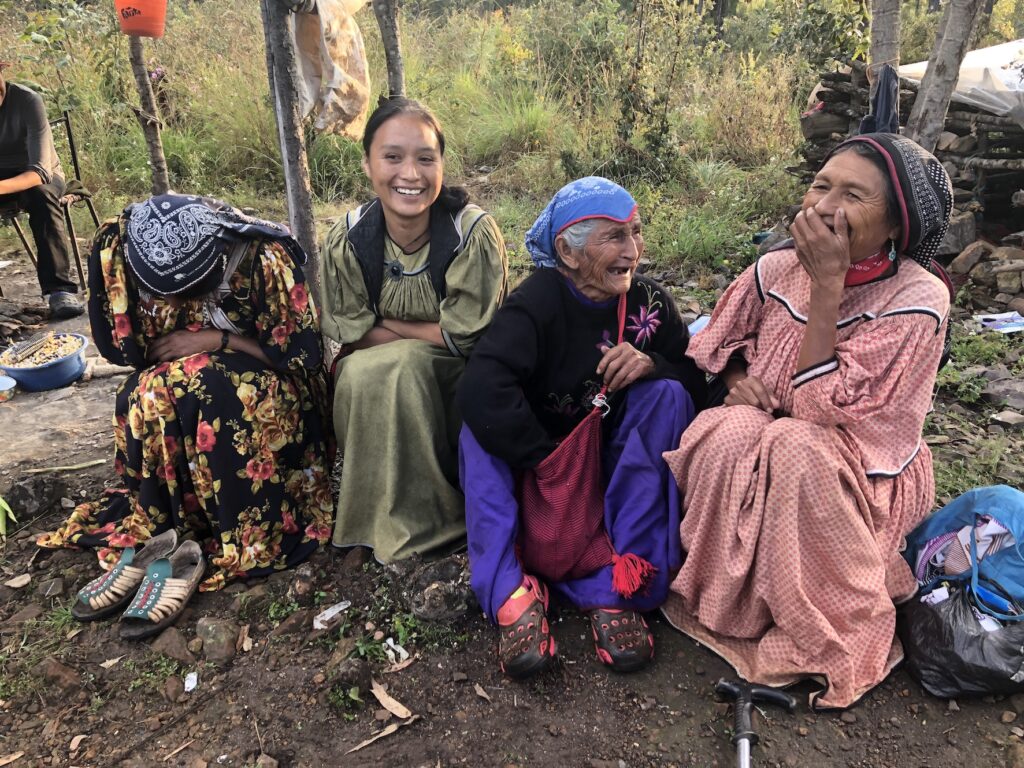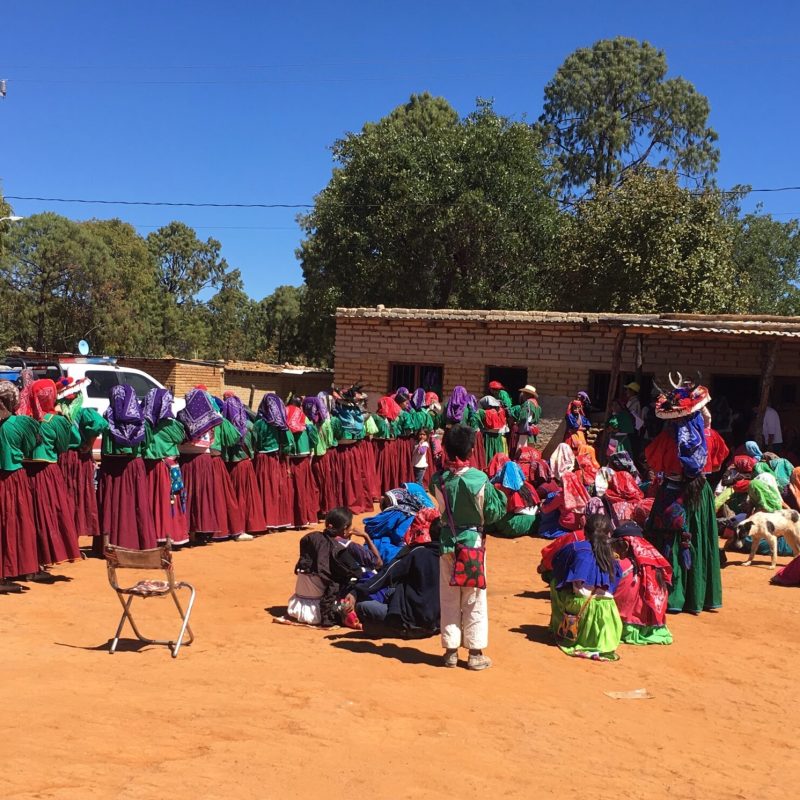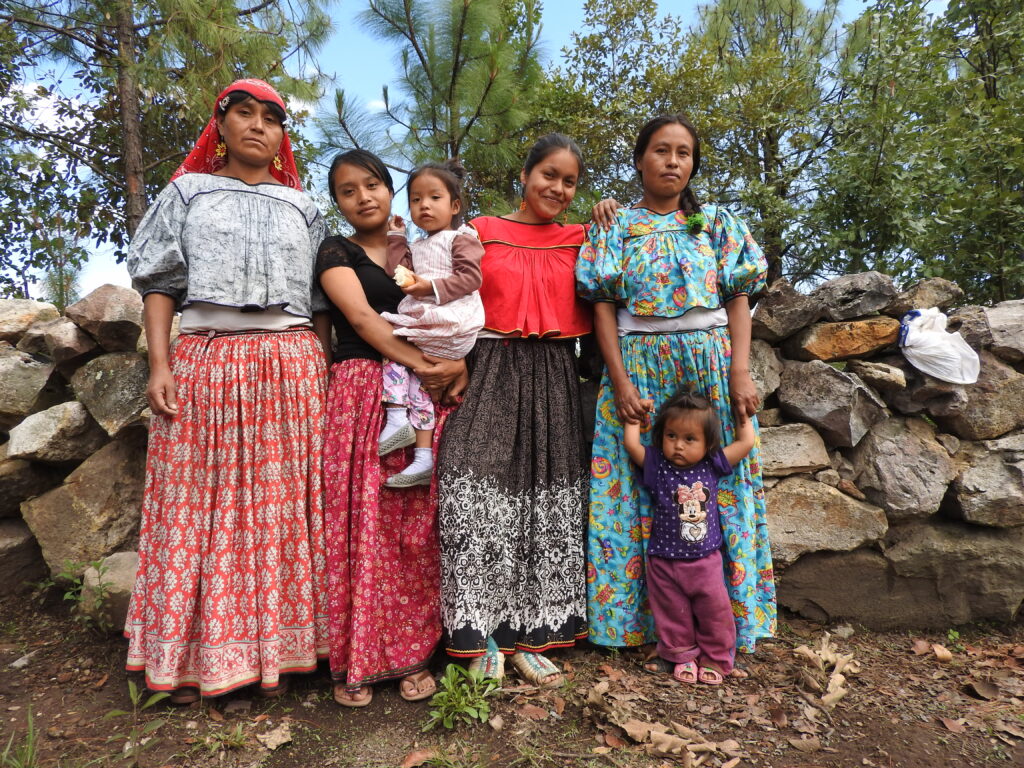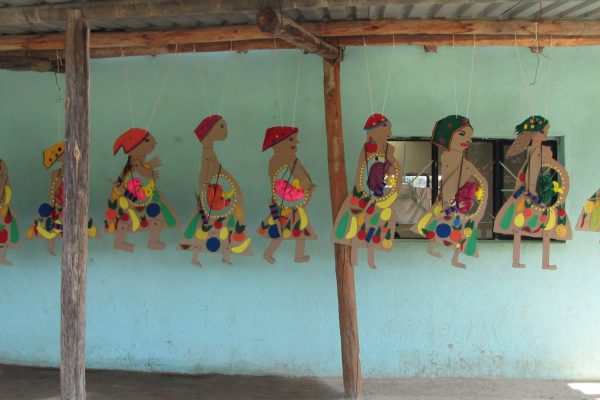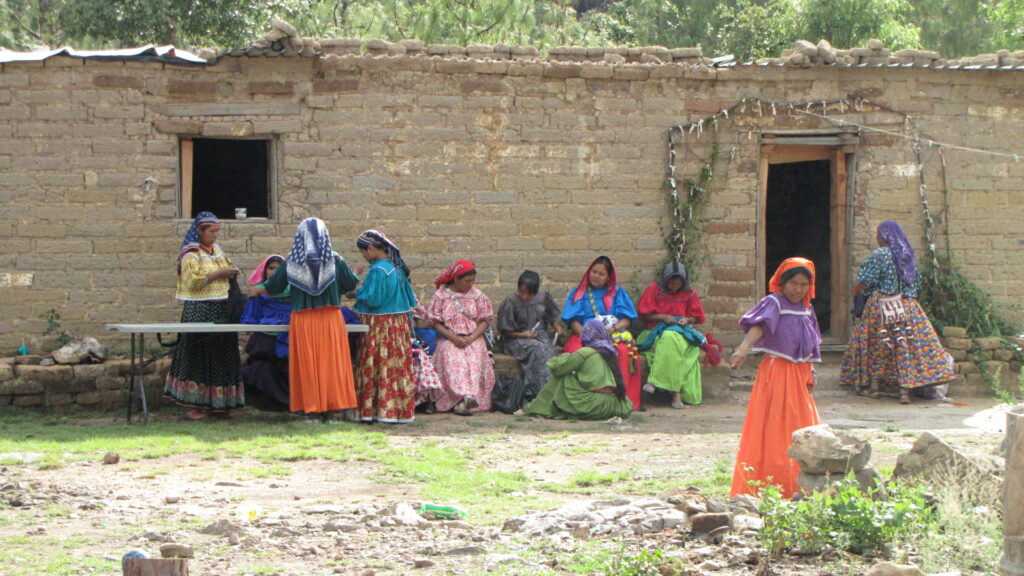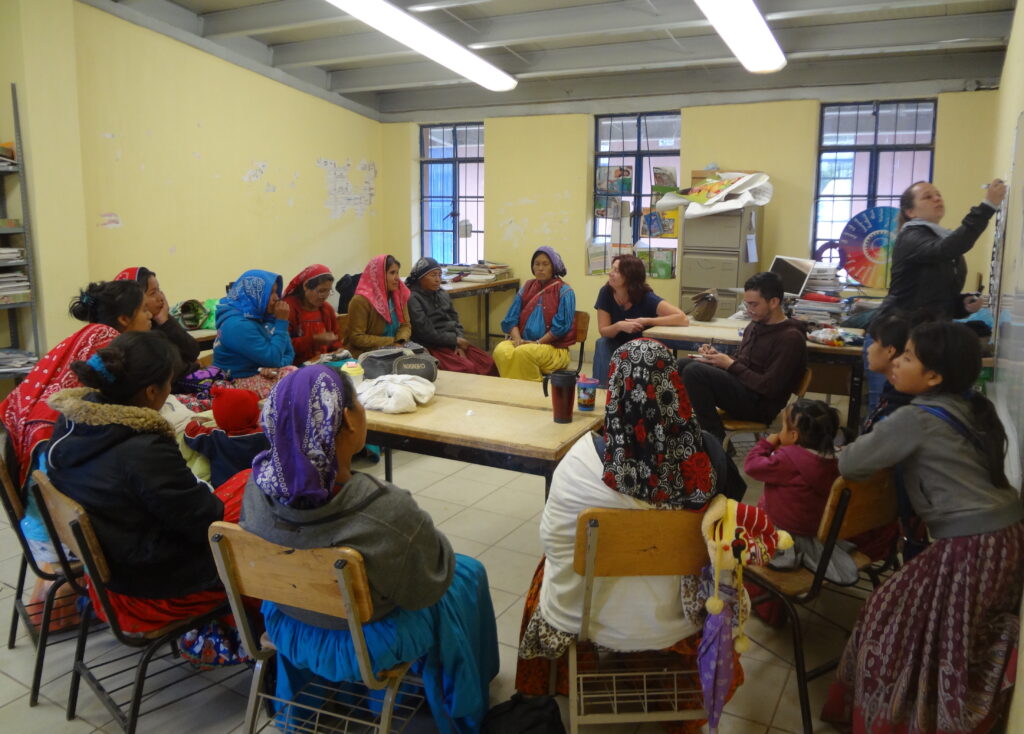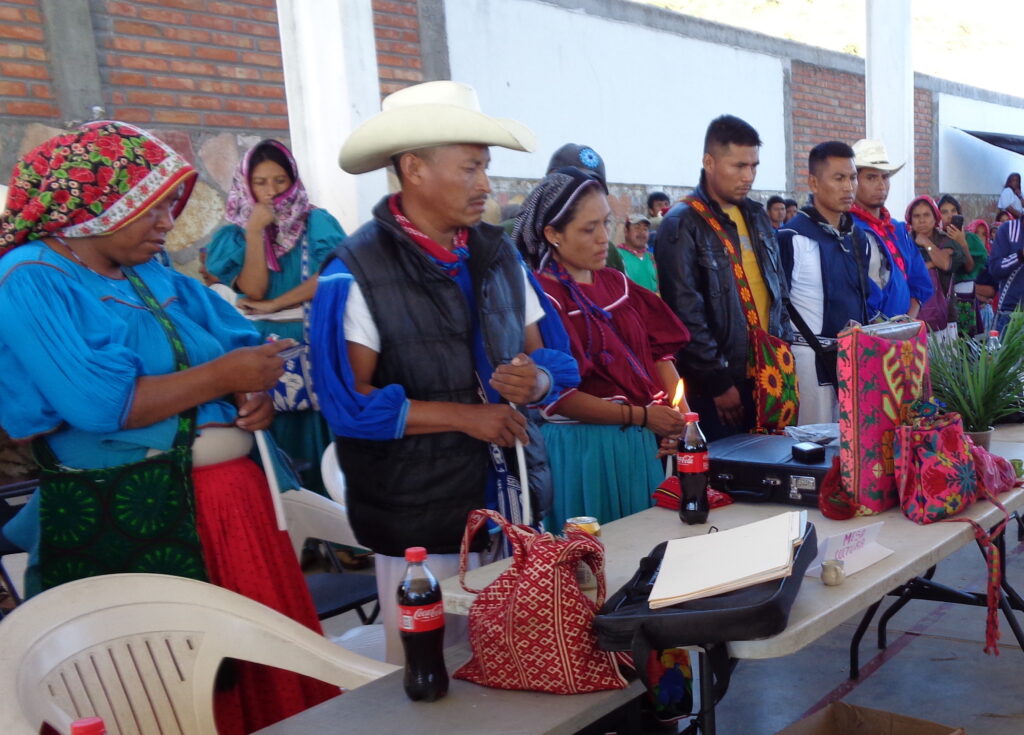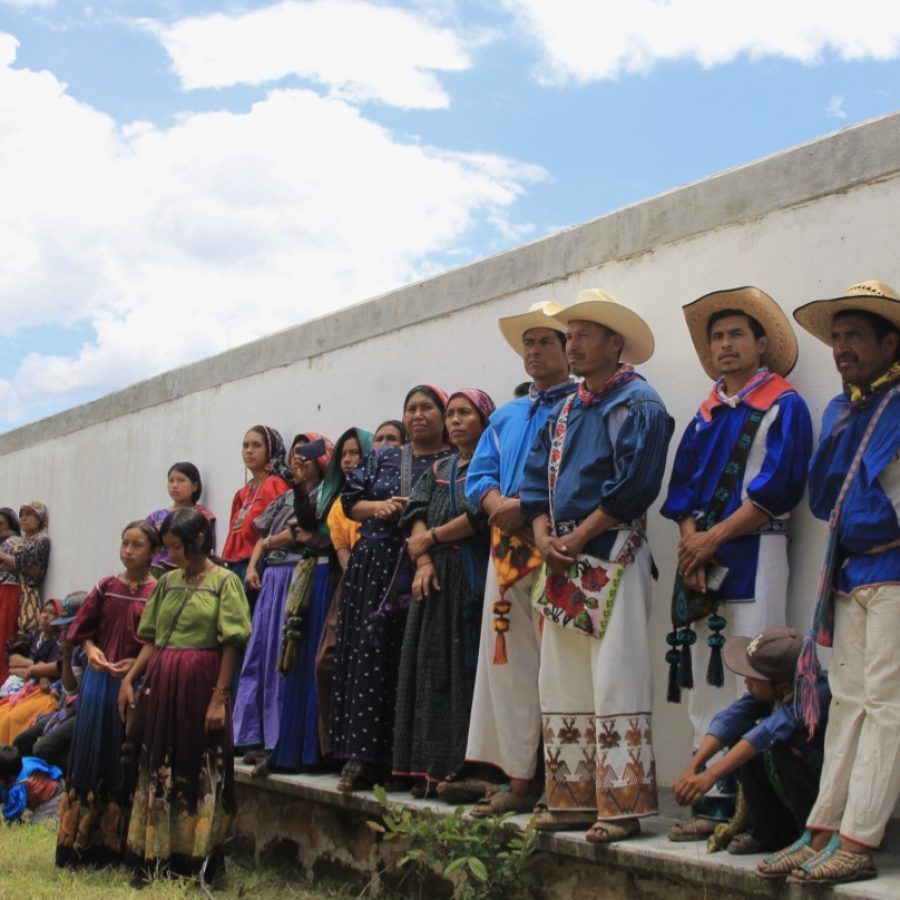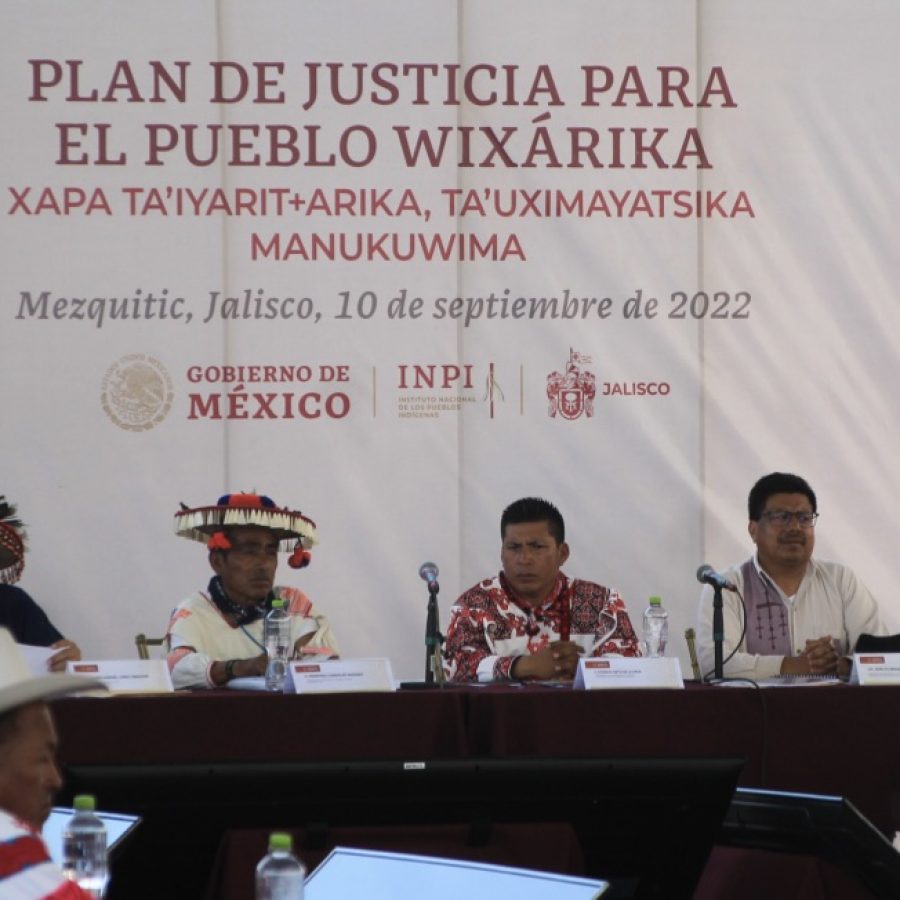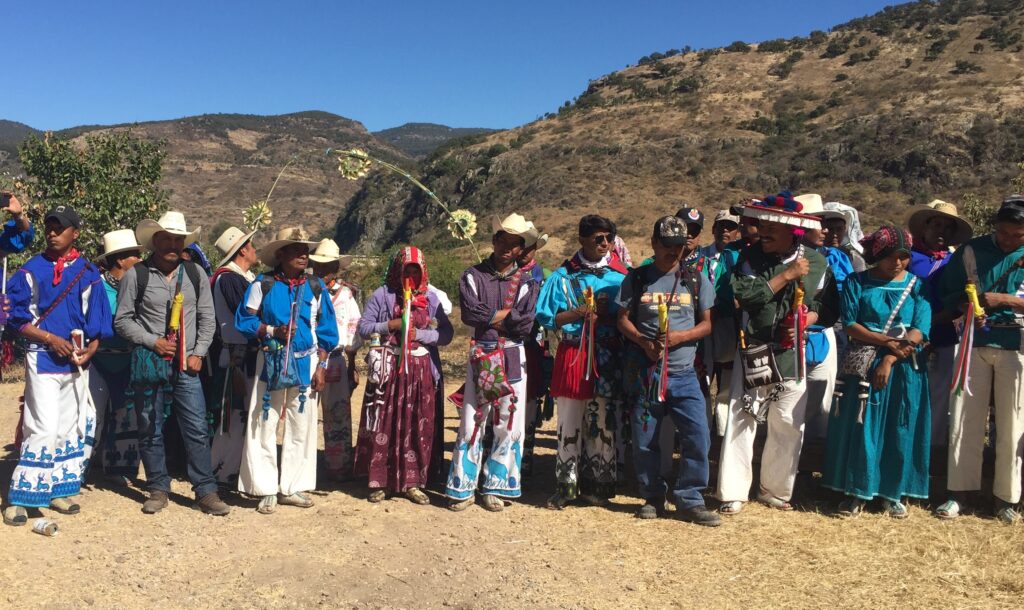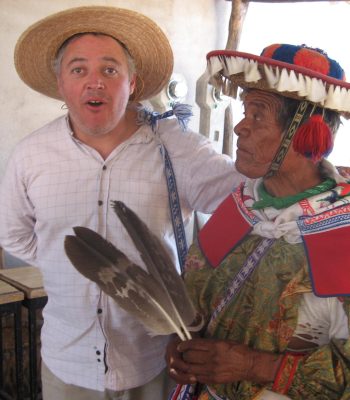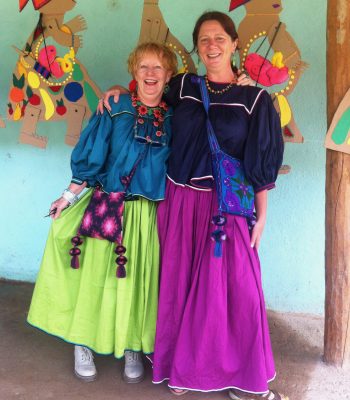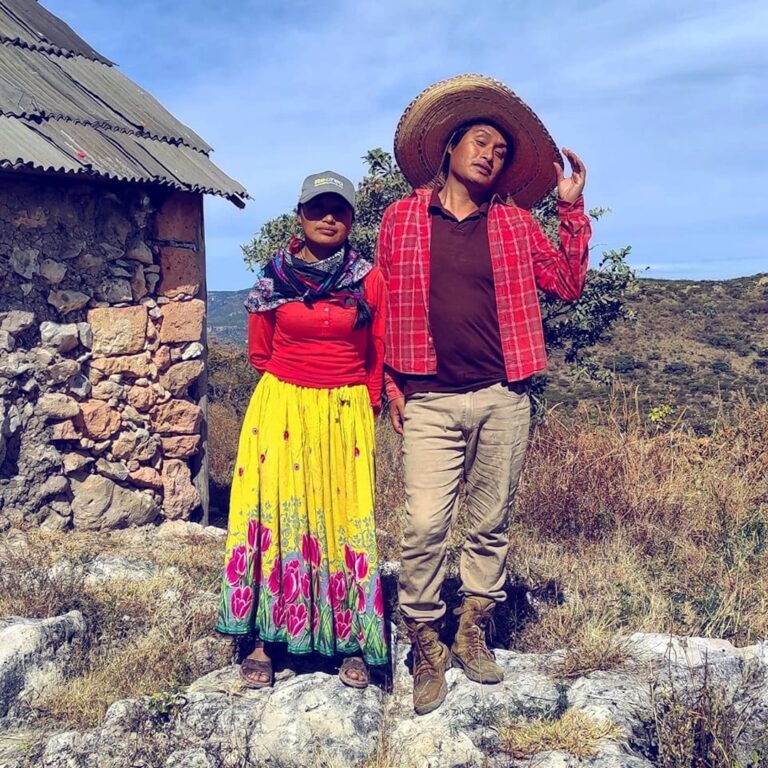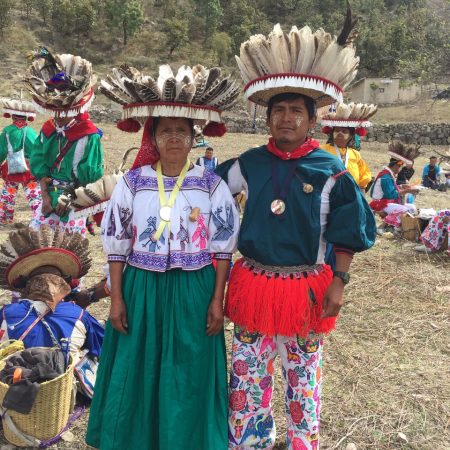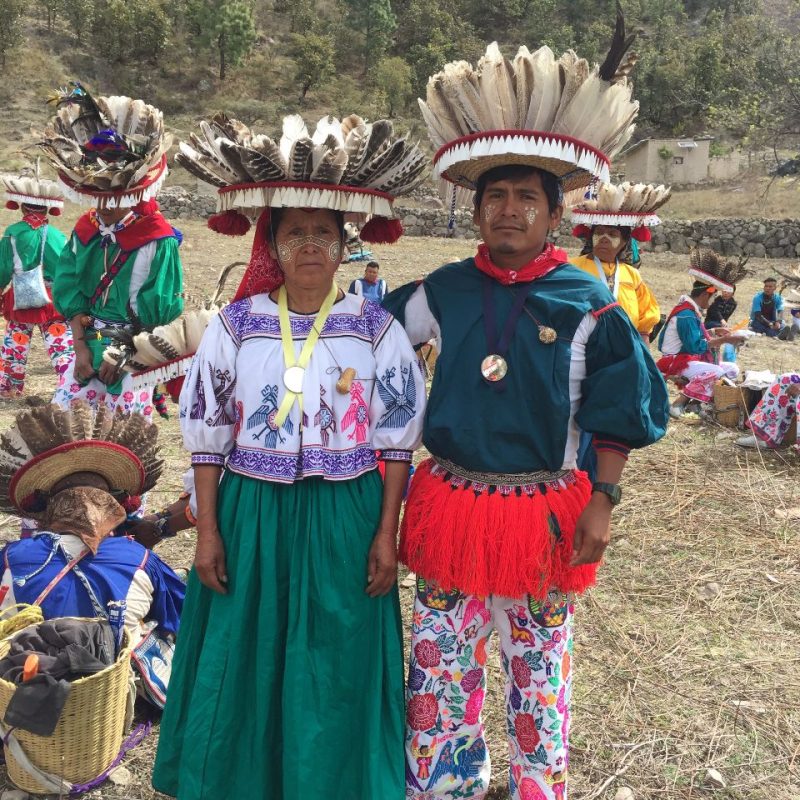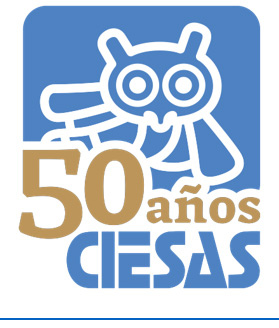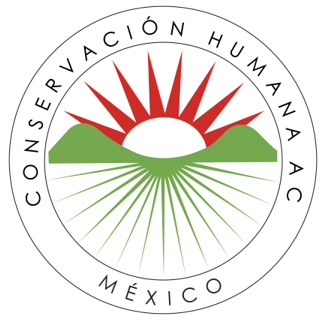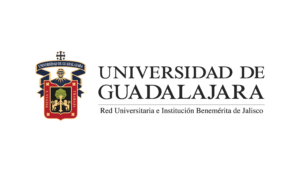- How The Intimate Lives Of Wixárika People Were Changed Forever
- Who are the Wixaritari or Huichol
- What is the Coloniality of Gender
- Contact Zone I: The Evangelisation of Intimate Life
- Contact Zone II: Patriarchy and ethnocide in the new Republic
- Contact Zone III: Nation, revolution and the modernisation of patriarchy
- Wixárika Women and Gender in the Indigenous 21st
- How The Intimate Lives Of Wixárika People Were Changed Forever
- Who are the Wixaritari or Huichol
- What is the Coloniality of Gender
- Contact Zone I: The Evangelisation of Intimate Life
- Contact Zone II: Patriarchy and ethnocide in the new Republic
- Contact Zone III: Nation, revolution and the modernisation of patriarchy
- Wixárika Women and Gender in the Indigenous 21st
Wixárika Women and Gender in the Indigenous 21st Century

Vehicle access was first cut into the highlands in the 1980s and little by little more villages have been connected to mestizo towns and cities, although it would be almost four decades before any of these roads were paved. Ease of access in and out of the highlands has seen more women and men migrate to sell their artwork, study or work on agricultural plantations.
Although not without controversy, the new millennium brought electricity, gradually connecting most towns and villages with mains or solar power. Primary level health clinics were provided with ambulances and doctors working in the highlands learned that more people would use the services if they were open to Wixárika ways. Allowing mara’akate or local shamans into the clinic to assist with births fosters trust and encourages women to use the services, while bilingual nurses, doctors and health promoters support women and men with translation.
Social development programmes have largely focused on women because of their domestic and child-care role, reinforcing patriarchal gender stereotypes. However these cash payments have put money in women’s pockets and grocery and general stores began to flourish. The bonus payments given for each girl’s school attendance saw an increase in female literacy and now nearly equal numbers of boys and girls finish primary and secondary school. Many girls now also continue to bachillerato or university and although some stay to work in cities and towns, many return to their highland homes and are employed locally as teachers, doctors or engineers.
Woman also run shops in their communities as well as making chaquira -bead jewellery- and are able to buy cloth for making clothes, creating demand for haberdasheries, stationers and tortillerias. These changes have come alongside greater participation in the traditionally masculine public domain of politics and leadership.
Many women talked about the role of education in changing the lives of women and girls in their communities.
Women And Social Actions
When the post-revolutionary state brought in agricultural reform, agrarian communities were brought under the Ministry for Agriculture and all members were to be registered. In 2016 it came to the attention of the Ministry for Agriculture that very few Wixárika women were listed on their communal land register and communities were ordered to change this. This top-down state led requirement brought gender to the discussion table in the community of Tuapurie. A series of changes aimed at addressing historical gender inequalities, including establishing a community Women’s Commission within their governance structure and making it easier for women to hold ejido land titles were brought in.
From 2013-2016 the Wimari Women’s health collective worked across Tuapurie to gather experiences of pregnancy and childbirth and organised community events aimed at improving maternal and infant health outcomes.
Findings from this research can be found here.
For some women this was their first experience of speaking at a community meeting. Women are now increasingly taking on roles in the traditional government and with many more completing high school and university, they have a greater capacity to challenge men in private and public spaces.
Women also told the Tuapurie Oral History project about how education and interventions such as gender equality training had played crucial roles in increasing their participation in the public and political life of their community.
“Well, I think it’s because of the study, the school. Now women have more knowledge.” (Lucia, 2022)
“Well, it’s the teiwarixi [mestizo/non indigenous people] who are involved in all that. Because the phrase “woman has the same values as a man” is from the teiwarixi and they have trained women to defend themselves” (Lucia, 2022)
From 2014-2018 The Wimari collective worked with women throughout Tuapurie to understand what problems women were experiencing in relation to pregnancy, birth and infant survival.
"For example, they told me 'put yourself in the hands of the ancestors. If you haven’t committed adultery and you have confessed, you are well to have children, the birth will go without problem, and well I always left my life in the hands of ancestors without knowing if I was going to do well. ... That's why I abandoned him [my husband], he always messes with other women, then he brought another woman home, then another. Not anymore! Because of his infidelity, several of my children died” (Rosa, 2021).
In 2016 they worked with artists to make life size hangings of the nine months of pregnancy. These are on display in the community.
Women also told the Tuapurie Oral History Project that relationships with their ancestors, gender inequality and adultery all play a role in maternal and infant wellbeing.
The textile cooperative Fábrica Social worked with Wimari to run training sessions for women on how to calculate the value of their work.
“Well, it is us who are changing things. Before they said that women were useless, but we have always contributed as much as men, then they started to say that women have the same value as men and now they are giving more [political] roles to women’
(Lucia, 2022)
A New Female Leader
Maria Concepción Bautista was appointed as the first ever President for Communal Property for Tuapurie in 2022.
"For example, they told me 'put yourself in the hands of the ancestors. If you haven’t committed adultery and you have confessed, you are well to have children, the birth will go without problem, and well I always left my life in the hands of ancestors without knowing if I was going to do well. ... That's why I abandoned him [my husband], he always messes with other women, then he brought another woman home, then another. Not anymore! Because of his infidelity, several of my children died” (Rosa, 2021).
Over the decades social and welfare projects have come and gone, bringing different benefits and impositions to Wixárika communities.
In 2022 the Plan de Justicia (Justice Plan), a development programme for the Gran Nayar region, was signed with leaders from Cora, Tepehuan, Wixárika and Mexicanero Indigenous communities.
Although the plan recognises the problems of gender equality and violence against women, the proposal to resolve these issues with gender equality workshops and actions to promote and guarantee the rights of Indigenous women do not go nearly far enough. In continuity with previous Indigenous development programmes these proposals reflect the absence of women’s voices in their design, with political decisions still being made man-to-man, as they were in the colonial era.
A new threat to gender equity: organised crime
Drug cartels replicating images of violent masculinity and with links to global narcotics and people trafficking industries are the new colonisers of Mexico. In recent years travel to and from Tuapurie has been more difficult due to the presence of organised crime, which now represents one of the greatest threats to further progress in gender equity for Indigenous women. While Tuapurie has consistently defended its territory from violent incursions, the community has not been immune to disappearances and infiltrations. Only deep structural policies, investment in rural communities and consideration of proposals such as legalisation and crop substitution can provide the protection and secure futures that Mexico’s Indigenous women and men need.
Historian of the Gran Nayar Nathaniel Morris has written extensively on this subject. Further information on this situation can be found here.
Wimari and the Coloniality of Gender project
In the language of Wixárika gods ‘Wimari’ means to carry, or to embrace. It also means women, because of their sacred role carrying objects to and from the xixiki (adoratory) during ritual, and carrying a baby in their womb.
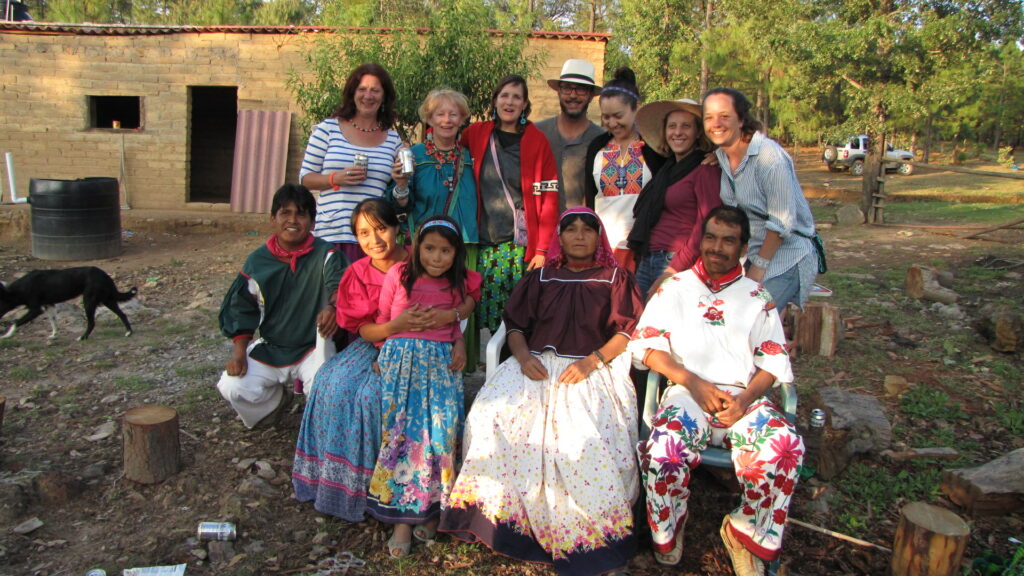
Team Wimari. Jennie Gamlin & Susie Vickery (top left) Totupica Candelario and Claudia de la Torre (bottom left) with other collaborators working on the Maternal Health project and Wimari Women’s collective
"For example, they told me 'put yourself in the hands of the ancestors. If you haven’t committed adultery and you have confessed, you are well to have children, the birth will go without problem, and well I always left my life in the hands of ancestors without knowing if I was going to do well. ... That's why I abandoned him [my husband], he always messes with other women, then he brought another woman home, then another. Not anymore! Because of his infidelity, several of my children died” (Rosa, 2021).
Jennie Gamlin who wrote and directed this exhibition began working with Totupica Candelario and Humberto Fernández, director of the non-governmental organisation Conservación Humana AC in 2010. From 2014-2017 they ran the Wellcome Trust funded research project ‘Structural Vulnerability and Maternal Health in Mexican Indigenous Communities’ and formed the women’s collective Wimari. The project culminated in a maternity themed artwork competition and theatre show celebration. Textile Artist Susie Vickery has been collaborating with Wimari and the Coloniality of Gender project since 2015 producing storytelling artwork, and is the artist and creator of the Ukari wa’utsika film.
The Coloniality of Gender research project is still in progress and will continue into 2024 in collaboration with historians Paulina Ultreras and Maria Teresa Fernández of the Centre for Research and Studies in Social Anthropology in Guadalajara, Mexico (CIESAS Occidente). We are currently seeking funding to build a physical exhibition that will tour Mexico.
Humberto Fernandez with longstanding friend and collaborator mara’akame/shaman Dionisio de la Rosa Cosio who died in 2019
Attitudes to sexuality are also changing and men and women in same-sex relationships are getting organised.
Adolfo de la Torre Carrillo, pictured here with his sister Claudia who co-led the Tuapurie Oral History Project, recently initiated ‘Ta niuki LGBT Wixárika’ the first LGBT group for Wixaritari and he runs a youtube channel with videos on LGBT activism.
Attitudes to sexuality are also changing and men and women in same-sex relationships are getting organised.
Adolfo de la Torre Carrillo, pictured here with his sister Claudia who co-led the Tuapurie Oral History Project, recently initiated ‘Ta niuki LGBT Wixárika’ the first LGBT group for Wixaritari and he runs a youtube channel with videos on LGBT activism.
The Tuapurie Oral History Project got people talking about gender
Totupica Candelario Robles with Ut+ama Robles Carrillo in their ‘jicarero’ (gourd bearer) religious post
Totupica is the Fieldwork Coordinator of the Tuapurie Oral History Project that has informed this exhibition. Through interviews with women, community elders, authorities, mara’akate (shamans) and activists we have begun to understand how gender is viewed today and how it has changed within living memory. It has been an incredible opportunity for members of the community to reflect on what social changes have brought to women’s lives, and the freedoms that they have gained in recent decades.
Totupica will be building and running the first Wixárika radio station ‘Radio Wimari’, where further details of this research project will be broadcast.
Totupica Candelario Robles with Ut+ama Robles Carrillo in their ‘jicarero’ (gourd bearer) religious post
Totupica is the Fieldwork Coordinator of the Tuapurie Oral History Project that has informed this exhibition. Through interviews with women, community elders, authorities, mara’akate (shamans) and activists we have begun to understand how gender is viewed today and how it has changed within living memory. It has been an incredible opportunity for members of the community to reflect on what social changes have brought to women’s lives, and the freedoms that they have gained in recent decades.
Totupica will be building and running the first Wixárika radio station ‘Radio Wimari’, where further details of this research project will be broadcast.



